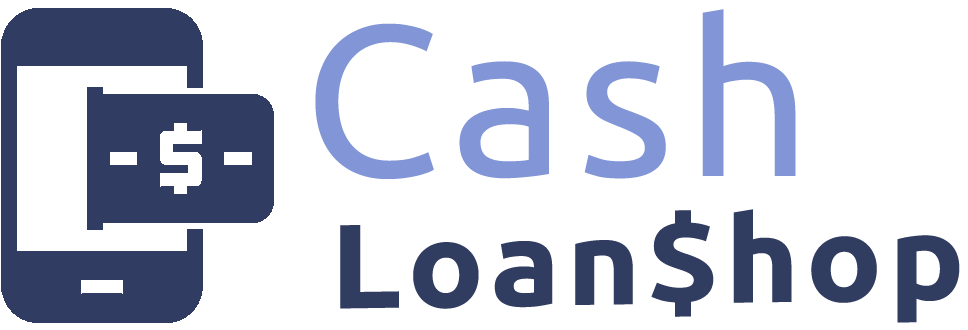Pros of Short-Term Loans:
- Quick Access to Funds:
- Speed of Approval: Short-term loans, especially payday loans or online personal loans, often have a streamlined application process. Some lenders can approve and disburse funds within 24 hours. This is beneficial when you face an emergency expense like medical bills, car repairs, or sudden travel needs.
- Minimal Documentation: Unlike long-term loans that require extensive documentation, short-term loans often require only basic personal information, making the process faster and less cumbersome.
- Easier Approval:
- Lenient Credit Requirements: Many short-term loan providers are willing to lend to individuals with lower credit scores or those with no credit history. Some lenders might not even conduct a hard credit check, relying instead on income verification or other criteria.
- Accessible to Various Borrowers: Because of the lower barriers to entry, short-term loans are accessible to a wider range of borrowers, including those who might not qualify for traditional loans.
- Lower Total Interest:
- Shorter Duration: Even though short-term loans often have higher interest rates, the total amount of interest paid can be less than that of long-term loans because the loan is repaid quickly. For example, repaying a loan in 3 months versus 3 years means fewer interest payments overall.
- Prepayment Advantages: Some lenders allow for early repayment without penalties, which can further reduce the total interest paid.
- Improves Credit:
- Credit Building: Successfully managing and repaying a short-term loan can demonstrate financial responsibility. If reported to credit bureaus, timely payments can improve your credit score, making it easier to qualify for better loan terms in the future.
- Repairing Bad Credit: For individuals with poor credit, short-term loans provide an opportunity to prove their creditworthiness by making on-time payments.
- Flexibility:
- Small Loan Amounts: Short-term loans are usually available in smaller amounts, which can help you avoid taking on more debt than necessary. This is ideal for covering specific needs without the burden of a large loan.
- Use for Various Purposes: These loans are versatile and can be used for a variety of purposes, such as paying off unexpected bills, consolidating small debts, or covering temporary cash flow gaps.
Cons of Short-Term Loans:
- Higher Interest Rates:
- Costly Borrowing: The interest rates on short-term loans can be significantly higher than those on traditional loans. For example, payday loans can have annual percentage rates (APRs) exceeding 300%. This can make the loan very expensive if not repaid quickly.
- Hidden Costs: In some cases, lenders may charge additional fees that increase the effective cost of borrowing, making it essential to carefully review the terms.
- Strict Repayment Schedule:
- Short Time Frame: With repayment periods ranging from a few weeks to a few months, borrowers may find it difficult to manage their cash flow and meet the repayment deadline. If you miss a payment, it can lead to penalties or additional fees.
- Pressure on Budget: The need to repay the loan quickly can strain your monthly budget, especially if you encounter unexpected expenses during the repayment period.
- Potential Debt Cycle:
- Risk of Rolling Over Loans: If you’re unable to repay the loan on time, you might be tempted to roll over the loan or take out another loan to cover the first one. This can lead to a cycle of borrowing and debt that becomes difficult to escape.
- Financial Stress: Constantly borrowing and repaying loans can create financial stress and limit your ability to save or invest in the future.
- Fees and Penalties:
- Late Payment Fees: If you miss a payment, the lender may impose hefty late fees, which can significantly increase the total amount you owe.
- Prepayment Penalties: While some lenders allow early repayment without penalties, others may charge fees for paying off the loan before the end of the term, reducing the benefits of paying it off early.
- Origination Fees: Some lenders charge upfront fees just for processing the loan, which can add to the overall cost.
- Limited Borrowing Amount:
- Small Loan Sizes: Short-term loans are typically limited in the amount you can borrow. For example, payday loans might only offer a few hundred dollars, which might not be sufficient for larger financial needs like home repairs or major medical expenses.
- Dependency on Other Credit: If the short-term loan amount isn’t enough, you may need to rely on additional credit, which can complicate your financial situation and increase your debt burden.
Final Considerations:
- When to Use a Short-Term Loan: Short-term loans are best used when you have a clear plan for repayment and need quick access to funds for a specific, urgent expense. They are not ideal for long-term financial needs or for covering ongoing expenses.
- Alternatives: If possible, consider alternatives such as borrowing from friends or family, using a credit card (if you can pay it off quickly), or exploring installment loans with more favorable terms.
Understanding both the benefits and drawbacks of short-term loans can help you make an informed decision based on your financial situation and goals.
